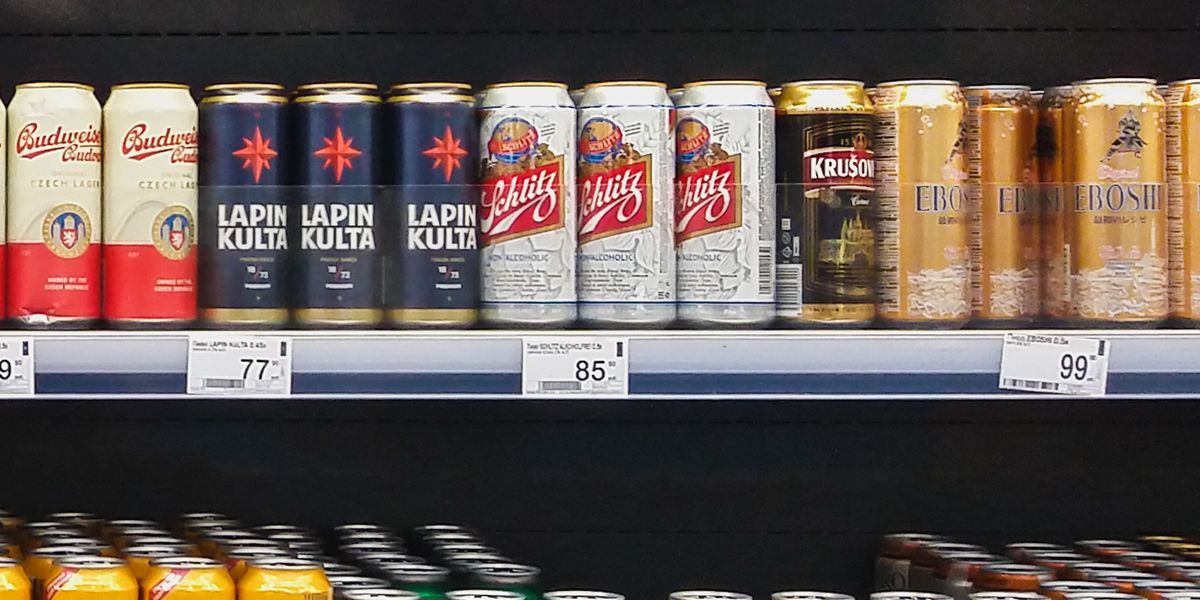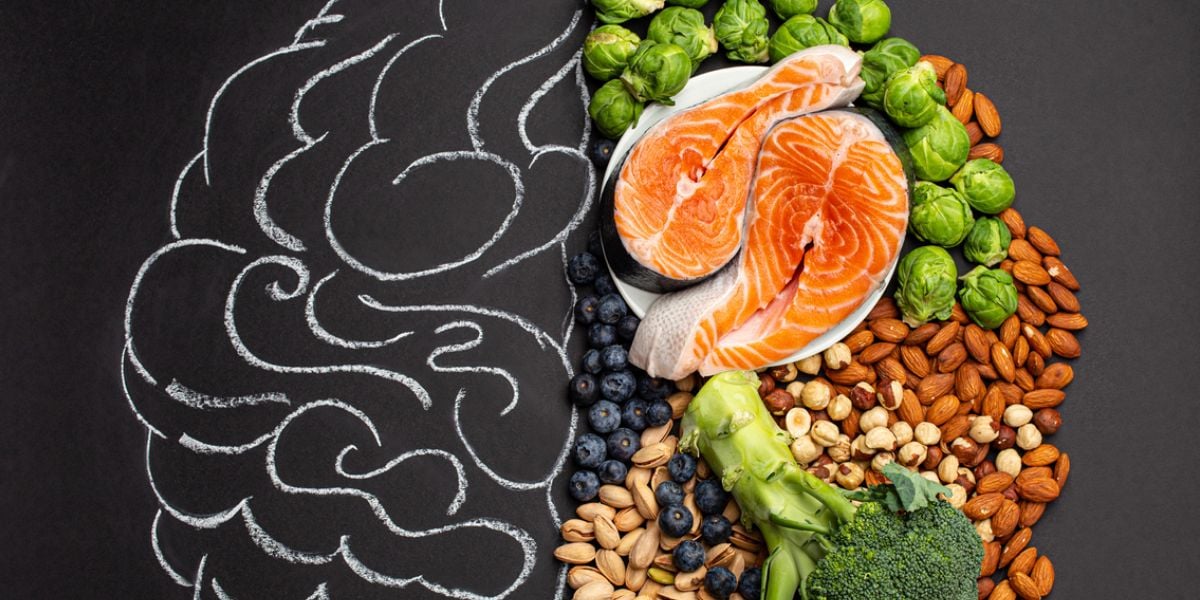There are a number of hangover cures that are rumoured to help but very little of them have much science behind them.
We look at some of the factors that have a scientific basis and are easily applied.
Drinking water
The dehydrating effects of alcohol are well known and, as you’d expect, there’s science behind it.
Alcohol prevents an antidiuretic hormone called vassopressin from acting.
The result of this is that less water is reabsorbed by our kidneys and therefore more water goes to our bladder, explaining why we need to visit the toilet more often when drinking alcohol.
As less water is retained by the body, this means we’re more likely to become dehydrated. Even though we think we’re taking on board a lot of fluid, we’re actually excreting more of it.
Dehydration can be a major cause of headaches and so rehydrating your body with water will help to ease this possible cause.
Water can also help with flushing out any toxins remaining in the body.
Bananas and kiwi fruit
Why bananas and kiwi fruit? When we are passing urine more frequently than normal, as is typical during a night of drinking, we will also be depleting our body’s store of salts, notably including potassium.
When potassium levels are low in the body we can experience symptoms such as tiredness, weakness and nausea.
Fruits such as bananas and kiwi fruits contain generous amounts of potassium, helping to refuel the body with this important nutrient.
Note that fruits can be relatively high in carbohydrate so make sure you factor this in when you are choosing how much to take in.
Eggs
Eggs contain an amino acid called cysteine which helps to break down a substance called acetaldehyde. Acetaldehyde is a compound formed as part of the metabolism of alcohol by the body which contributes to the nauseous feelings of a hangover and can also have longer term effects on the health of our liver.
Cysteine helps to turn acetaldehyde into acetic acid, which can then be converted into carbon dioxide and water.
Test your blood glucose levels
High or low blood sugar levels can play a contributing role in a hangover. If you have access to blood glucose testing supplies, it is useful to test your blood sugar so that any highs or lows can be treated.
Alcohol can lead to a lowering of blood glucose levels over night after a session of drinking and lengthy periods of low blood glucose can lead to headaches and fatigue in the morning.
If your blood glucose levels are low when you wake, treat the hypo with some carbohydrate to raise your sugar levels back to normal.
High blood sugar levels may also contribute to a hangover.
When blood sugar levels are high, this adds another factor that can lead to dehydration.
If you have type 1 diabetes, high blood glucose levels may be accompanied by raised ketone levels which can not only make you feel nauseous but could lead to ketoacidosis which can be very dangerous.
If you have type 1 diabetes and have high blood glucose levels, it is worth testing your ketone levels High ketone levels are more likely to develop if a night time or morning injection has been missed.





